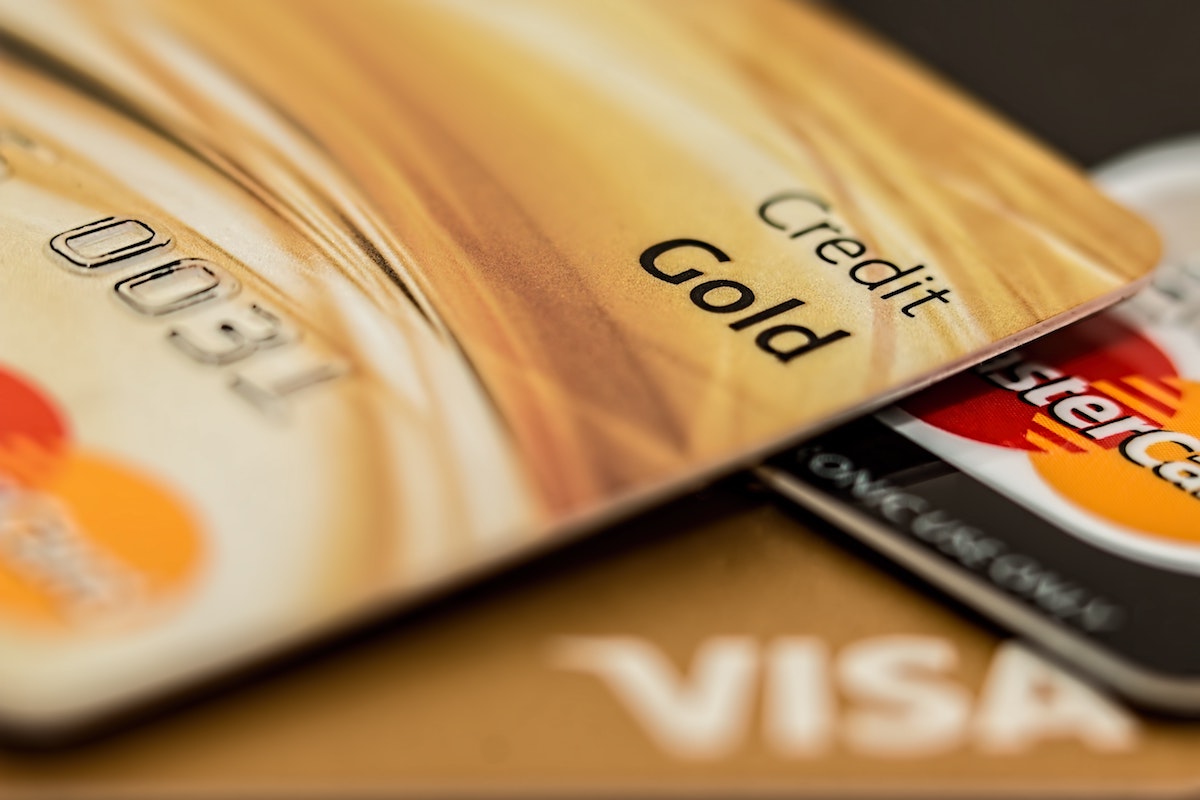Budgeting For Beginners

Budgeting for dummies: How to start budgeting
Budgeting is an easy way to take control of your finances. Here are some top beginner’s budget tips:
1. Monthly budgeting basics
The first step is to master monthly budgeting basics. You can use a spreadsheet, a budgeting app or a pen and paper to track spending and set limits. Your budget should comprise your income, your regular outgoings and one-off expenses for the next month. Round up rather than down and try to use accurate figures. Calculate your disposable income and set individual budgets for different expenses, for example, groceries.
2. Using budgeting tools
There are lots of tools you can use to help you budget and manage your finances, including accounting software, budget templates and budgeting and money saving apps. Online banking and app notifications are easy ways to track your budget. Update your budget as you go to ensure that it is accurate. Examples of tools include:
3. Lowering expenses
One of the best things about budgeting is that it allows you to highlight costs you can cut or lower. Use your budget to reduce spending. Cut back on non-essentials and make your money stretch further. Shop around, compare prices, cancel subscriptions and memberships you don’t use and be frugal.
4. Including savings
Budgeting can help you work towards savings targets. Include savings in your budget. Transfer money to your savings account every time you get paid and if you’ve got disposable income, top up your payments. A good example to try is 50/30/20. This means spending 50% of your income on essential living expenses, 30% on things you want and 20% on savings or clearing debt.
Conclusion
Budgeting is a fantastic way to regulate spending and save more. Take these tips on board to help you manage your money effectively.








